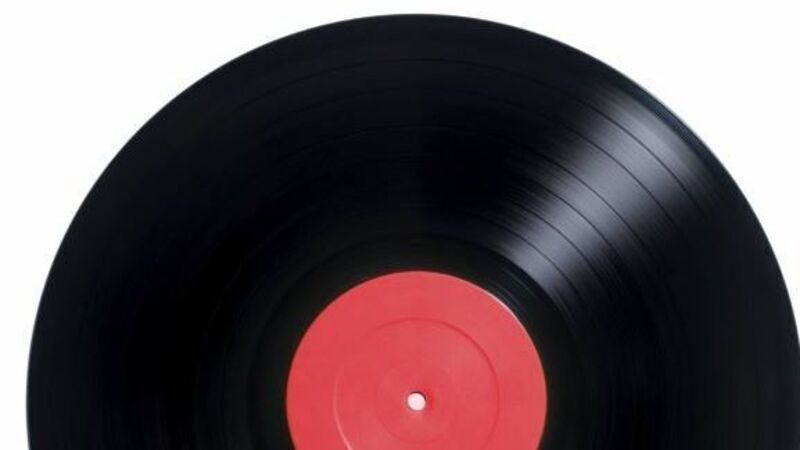Can the vinyl revival break out from the niche market again?

STEVIE ‘G’ Grainger has been buying records since he was 12. “I remember selling a Man United jersey to a guy in school, and I bought records with the cash. I love United; but, let’s face it, the jersey would no longer fit, but I still have the records,” says the Cork DJ.
This infatuation with records has been resurgent in recent years. In the US, last year, vinyl had its best year since 1991, with a sales increase of 50%, to 9m units. In the UK and Ireland, records returned to the high-street with a vengeance. Last year, HMV’s vinyl album sales rose 400%. Tower Records, which claims to have the largest vinyl selection in the country, had a sales increase of 50%, and Golden Discs, which began selling vinyl in just one shop last year, has since extended it to five.











